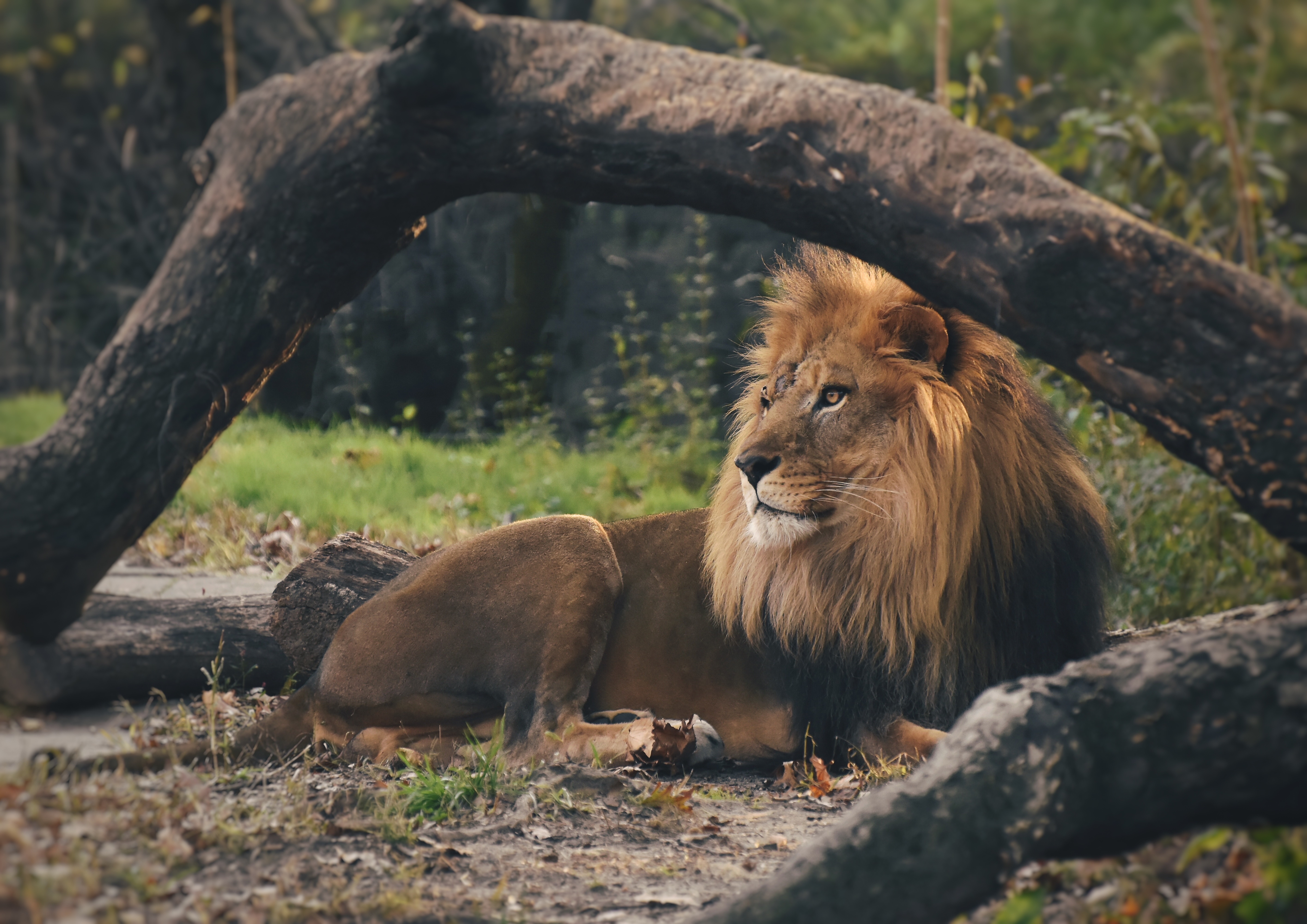10 Interesting Reasons Why Cats Love Their Independence
Cats have long been enigmatic creatures, captivating humans with their mysterious behaviors and elusive personalities. Unlike their canine counterparts, who often thrive on social interaction and companionship, cats seem to embrace solitude and cherish their freedom. This profound sense of independence is not just a modern-day observation but a deeply ingrained trait that has evolved over millennia. Understanding why cats prefer solitude and independence requires delving into their evolutionary history, biological instincts, and unique psychological traits. This article aims to explore 10 fascinating reasons that elucidate why cats are the way they are—self-reliant, solitary, and fiercely independent. By examining these aspects, we can better appreciate the complex nature of our feline friends and perhaps even learn to respect their need for space and autonomy.
1. Evolutionary Roots: The Solitary Hunter

Cats are descendants of solitary hunters, a trait that has been passed down through generations. Unlike pack animals, which rely on group dynamics for hunting and survival, cats developed as lone predators. This solitary hunting lifestyle required them to be self-sufficient, stealthy, and independent. Their ancestors, the African wildcats, roamed the savannas alone, relying on their keen senses and agility to catch prey. This evolutionary background has instilled in modern cats a natural inclination towards solitude. They are wired to be self-reliant, needing little assistance in their day-to-day activities. This independence is not just a behavioral trait but a survival mechanism that has been fine-tuned over thousands of years. Understanding this evolutionary context helps explain why cats often prefer solitude over social interaction.